Our Issues
Support CIR
CIR is a nonprofit, public interest law firm dedicated to the defense of individual liberties. Each legal victory protects the right of individuals to think, act, and speak regardless of their point of view, religious belief, race, or ethnicity. Every contribution to CIR helps keep liberty alive in the courts.
Feds Demand Court Restore Draconian Reporting Law
The clock is ticking for the Fifth Circuit Court of Appeals, which must decide the near-term fate of the Corporate Transparency Act (CTA)—a federal surveillance law that requires more than 32 million small businesses…
New Appeal Challenging Federal Surveillance Law in the Ninth Circuit
Firestone v. Yellen A coalition of small businesses from around Oregon is challenging the Corporate Transparency Act (CTA), a federal law that requires 32 million small businesses to report confidential information to the Treasury Department’s…
Therapists Banned From Saying "Psychology"
On October 22, the Center for Individual Rights and the Pelican Institute for Public Policy filed a federal lawsuit on behalf of two professional therapists, challenging a law that bans anyone in the state…
CIR Files Suit to Defend Political Speech and Transparency
CIR is representing Matthew Tortorice, who was elected to a seat on Margaret, Alabama’s city council in 2020 as a reform candidate. Since then, Matthew has proposed some modest changes to bring his city in…
CIR Petitions SCOTUS Challenging Alaska Power Grab
CIR has teamed up with veteran Supreme Court advocate Kannon Shanmugam to file a cert. petition with SCOTUS asking the High Court to review an unconstitutional Alaska Supreme Court decision that will deprive a family…
More than Three Decades of Precedent-Setting Victories
Since CIR's founding in 1989, we have set an exceptionally high number of Supreme Court and Courts of Appeals precedents. Here is a timeline of our major litigation successes:

Feb 1992
CIR Strikes Down Gender Preference in Radio Licenses
CIR represented North Carolina radio broadcaster J. Thomas Lamprecht in the first ever successful challenge of the FCC's policy of favoring radio license applications based on gender. The U.S. Court of Appeals for the District of Columbia Circuit struck down the agency policy.

Jun 1995
CIR Transforms Establishment Clause
CIR's first Supreme Court win was a sweeping victory for religious organizations that allowed them to seek public funding on the same terms as secular organizations. It was the first of a decade of Supreme Court decisions that liberalized Establishment Clause jurisprudence.
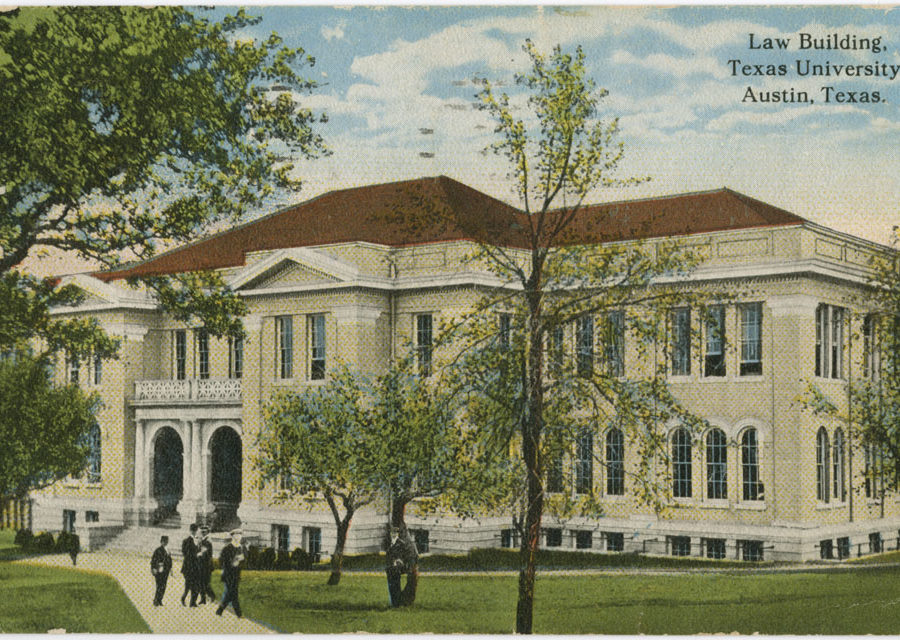
Mar 1996
First Victory Against Racial Preferences in 50 years
CIR successfully challenged the use of separate racial tracks for black and non-black applications to the University of Texas Law school Hopwood v. Texas was the first of many such challenges by CIR and others.
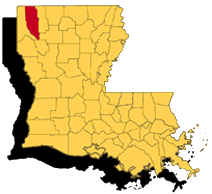
Jan 2000
CIR Beats Federal Racial Gerrymandering
The Center for Individual Rights second major Supreme Court victory successfully challenged the DOJ's use of the Voting Rights Act to racially gerrymander voting districts in a Louisiana school district.
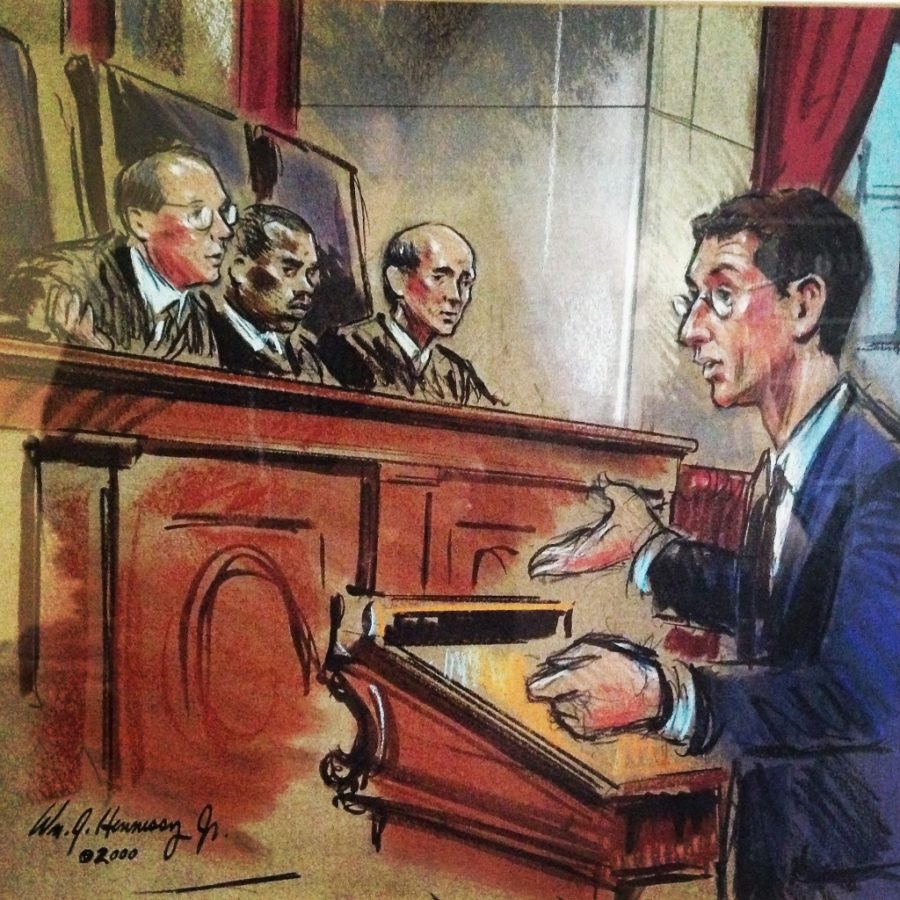
May 2000
CIR Wins Historic Commerce Clause Case
On May 15, 2000, the Supreme Court decided one of the defining Commerce Clause cases of the last twenty years. The Court ruled that Congress may not expand its authority to regulate purely in-state criminal activity that has no substantial link to interstate commerce.

Jun 2001
One of CIR's Biggest Victories for Religious Freedom
In Columbia Union College v. Oliver, CIR struck down a Maryland law that prevented a college associated with the Seventh Day Adventists from receiving state grant because state officials deemed the college to be too religious -- or "pervasively sectarian." The U.S. Court of Appeals ruling effectively ended the use of the "pervasively sectarian" doctrine.
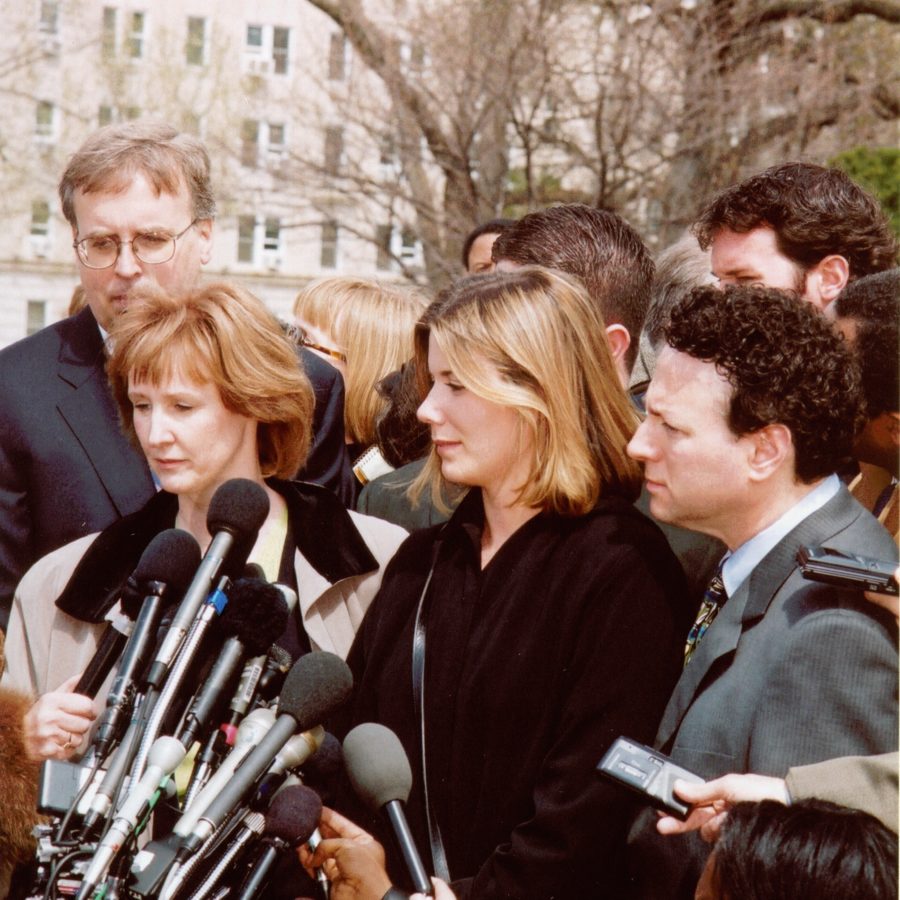
Jun 2003
Supreme Court Double Header Gratz v. Bollinger; Grutter v. Bollinger
CIR challenged racial preference programs at the University of Michigan and the University of Michigan Law School before the Supreme Court. These cases moved the country and the law further against the use of invidious racial double standards than anyone thought possible.

Mar 2014
CIR Wins Victory for Michigan Voters
CIR successfully defended the results of a Michigan ballot initiative prohibiting the use of racial preferences by the state, including state college admissions boards, from a legal challenge brought by radical pro-affirmative action activists.
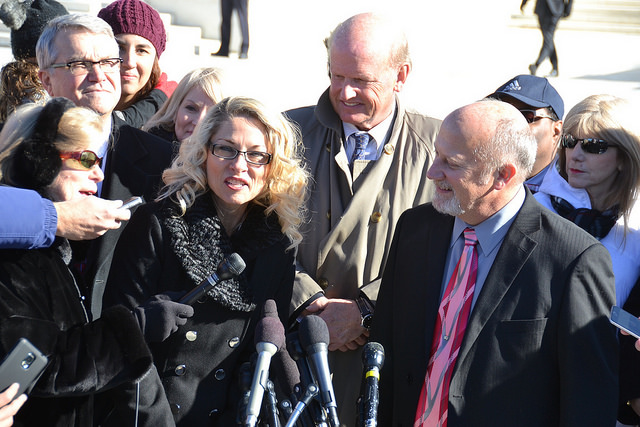
Jun 2016
CIR Leads the Fight Against Compulsory Union Dues
In Friedrichs v. CTA, CIR challenged the practice of public unions compelling non-union members to pay dues for the the right to work. Justice Scalia passed away shortly after oral arguments, resulting in an evenly divided court. But the Friedrichs strategy was adopted the following year in Janus v. AFSCME, which finally prohibited compulsory dues.





